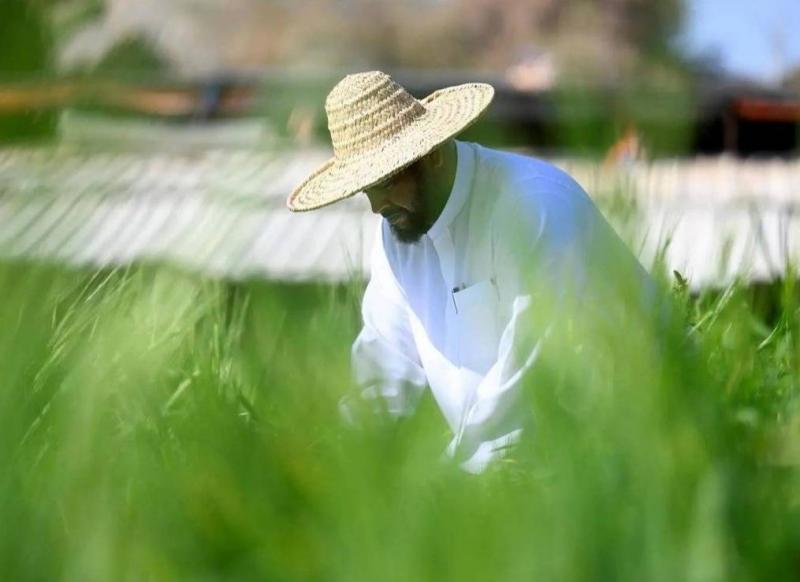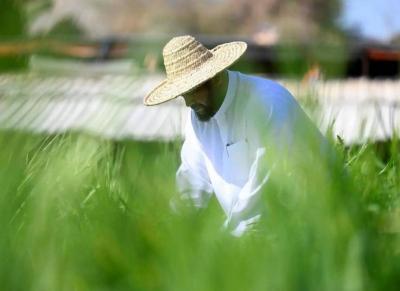The features of cooperative charitable work have prevailed in the Saudi social scene for centuries, becoming a custom passed down by Saudis from generation to generation as an important solidarity obligation performed by parents and grandparents and inherited by their children. The leadership supports and enhances this movement, leading Saudi Arabia to top global charitable efforts. Perhaps the significant honor of having the Two Holy Mosques on their lands has contributed to the strength of charitable work among Saudis, as both the government and people have consistently served the guests of God throughout the year, whether they are Umrah performers, visitors, or pilgrims. In Mecca and its governorates, locals compete for the honor of serving the pilgrims, with the term "support" being the most commonly used in Mecca and Medina, where they share in many community volunteer activities by helping relatives and neighbors to serve the pilgrim and Umrah performer.
In the eastern region of the Kingdom, the more frequently used term is "rescue," inherited by locals from generation to generation, especially in helping the lost in the Rub' al Khali desert and its vast sand dunes. Groups of young people volunteer various forms of assistance, including tracking trails to aid those in distress. In the south of the Kingdom, the term changes to "support," where social solidarity is evident in helping villagers plow their farms, harvest their crops, water them in the absence of their owners, rebuild homes, and repair others, alongside various forms of aid to release prisoners, resolve social issues, or assist newlyweds. The term "aid" is prominent in the north of the Kingdom, where locals race to help the needy after dividing tasks among themselves in groups. One group provides supplies to orphaned families without a breadwinner, secures necessities for travelers from neighboring countries, and welcomes those coming for Umrah and Hajj by offering food provisions.




